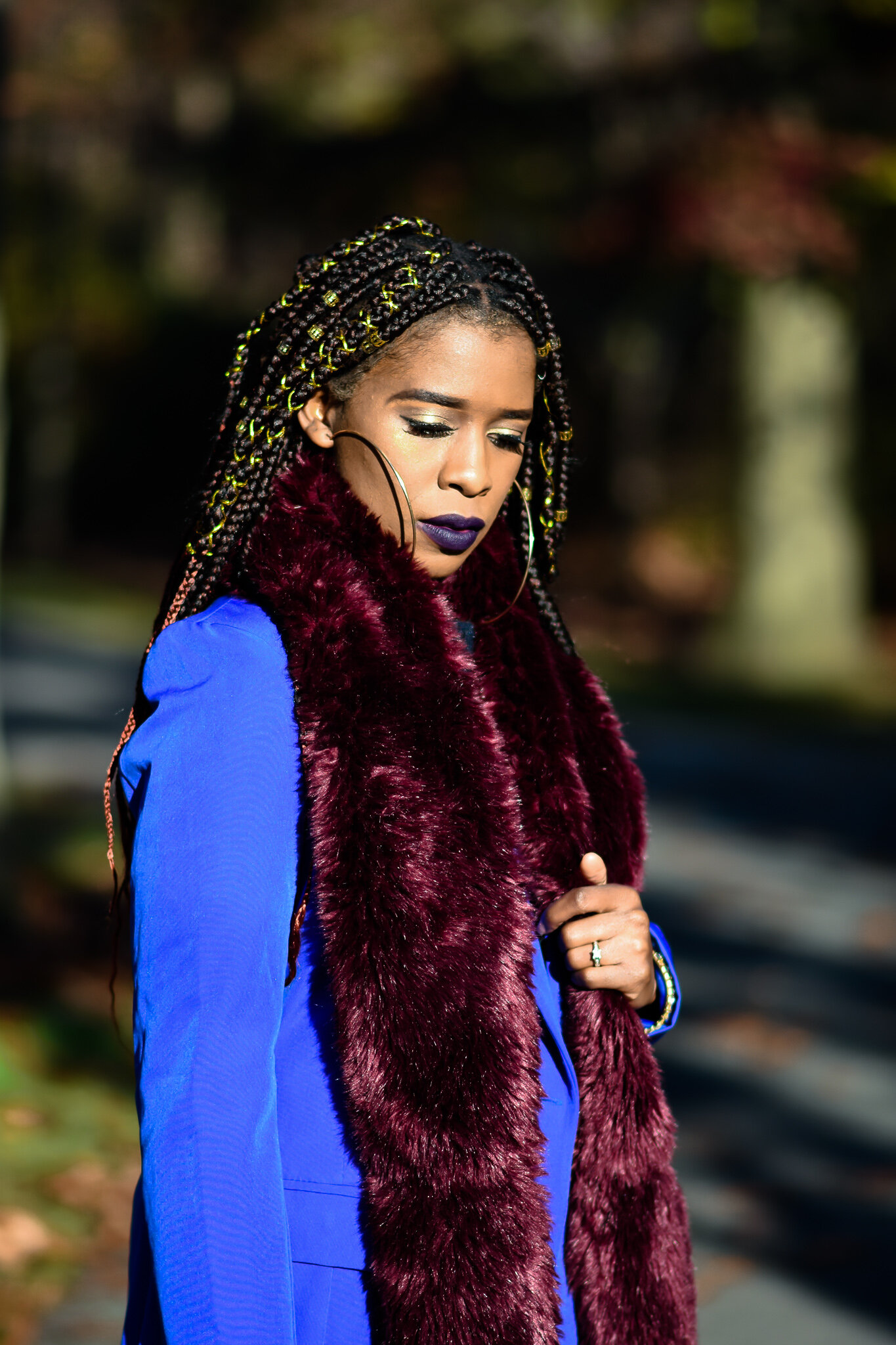10 Tips You Need to Know When Purchasing Your First Home
A few months ago, we closed on our first home! Glory be to God. Finding a house during this pandemic has been a whirlwind. The prices are at least $30,000 above market value in most suburbs due to increased demand that is driven by low interest rates and an influx of people that are fleeing the crowded cities. The homes would literally show up on the market and within a few hours, they would already have an offer on them and off the market. It’s wild!
Finding our house was nothing but a miracle! If you had told me last year that we would have our house this year, I would have been like with what money? But God has a way of providing even in the strangest of circumstances. The pandemic actually helped us save a lot. We were able to find a house that was $100 below our budget, in the town that we wanted and on of the nicest streets, at a ridiculously low interest rate. And the seller covered about 70% of our closing costs. Let the church say amen!

Here’s everything that you need to know when buying your first house:
1.) Set a budget
Owning a home is expensive! You don’t want to get a house where majority of your your income goes to servicing the mortgage because you need to live too. You will be tempted to go way above your budget when you see a house that you like but paying a mortgage is not the only thing you need to account for - there’s property tax, insurance, utilities, and other random stuff that come up.


2.) Don’t wait until you have 20% down payment
You’ve heard it over and over again that you should try to put down 20% for your down payment but I’m here to tell you that if you have 10%, you should go for it. The overall theory behind that 20% down payment is so that you can avoid paying PMI, which is private mortgage insurance. That’s something you have to pay in addition to your mortgage until you get to 20%. Let’s say it will take you 1 year to get to 20% and you pay $1000 in rent monthly. In one year, you would have paid $12000 in rent. Depending on your credit and the cost of the home, your PMI could be anywhere from $60 to $150. If we go with the higher amount, you’d only be paying $1800 for PMI over the course of a year as opposed to giving someone else $12000 in rent.
3.) Get pre-approved
Before you start showing up to open houses, you need to make sure you already have a pre-approval letter from the bank. The person assigned to you as your loan officer will be very instrumental in ensuring that you have everything that you need to get approved and will also help you with the mortgage application process once your offer has been accepted..
4.) Pick a location
This goes without saying but before you even start house hunting, you need to narrow down the city that you want to move to. If you have kids or are looking to have kids, one of the most important thing you will be looking at is the school system and how they rank. Some locations are cheaper than others but they have terrible schools.
5.) Find a Real Estate Agent
Once you have the approval letter, you will need to ‘hire’ a real estate agent. One thing to note about the agents is that they are paid by the seller once the deal closes. Stay away from the ones that want to charge you a fee because it means that they are getting double paid.


6.) Find a lawyer
The lawyer is the one will be responsible getting all the paperwork ready that you will need at the time of closing, including getting you the title.


7.) Make an offer
In this crazy market where houses are scarce, houses are getting a ridiculous amount of offers, like more than 10 offers on one home. I’ read a crazy story about a house in DC that had 88 offers on it! You heard that right. It was listed for $285K and sold for more than $400K. Wild! Anyways, our real estate agents was instrumental in guiding us and advising what they thought was the best offer to make on the house.
One thing I will note when deciding to make an offer on a house is to remember that there is no such thing as a perfect house…unless you do the design and have it built from the ground up. When looking at the houses, don’t just look at the flaws that it has now but the potential of what you can do with it. Our house was REALLY dated inside - with the exception of the floors being brand new, the kitchen was dated that there was no way we could move in without knocking the entire thing down. The hallway, kitchen and master bedroom had this super old wallpaper that needed to go. We looked past all the flaws and saw the potential of what it could be and after doing some major renovations, it looks brand new but we still have some more work to do to it.

8.) Do an inspection
This is one of the most crucial steps to buying a house. It’s a must to do an inspection so you have an idea of what could be possibly wrong with the house from plumbing, electrical, asbestos, air quality, etc. Do NOT share the inspection report with your loan officer!

9.) Apply for a mortgage
The mortgage application process is quite tedious to say the least. You will be expected to provide your W2s, bank statements, retirement savings, etc. My husband used to make fun of me for having a checkbook, but it actually came in handy during this process because a lot of large expenses had to be paid for by check. Make sure to take a picture of the check as you will need to provide it to your bank.
One thing I will note here is that when you are applying for the mortgage, you can apply for an amount that incorporates your closing costs as they can be as high as $20,000+ depending on the cost of the house. If you don’t want to add this to your mortgage amount, just make sure that you save up enough to cover the closing costs in addition to your down payment.
10.) Close the deal and enjoy your new home.
I hope you found these tips useful. Until next time, stay blessed!

About my outfit:
Blazer - Boohoo // Jeans (old) // Sweater (old) // Faux fur stole - Forever 21
Until next time, stay blessed!




